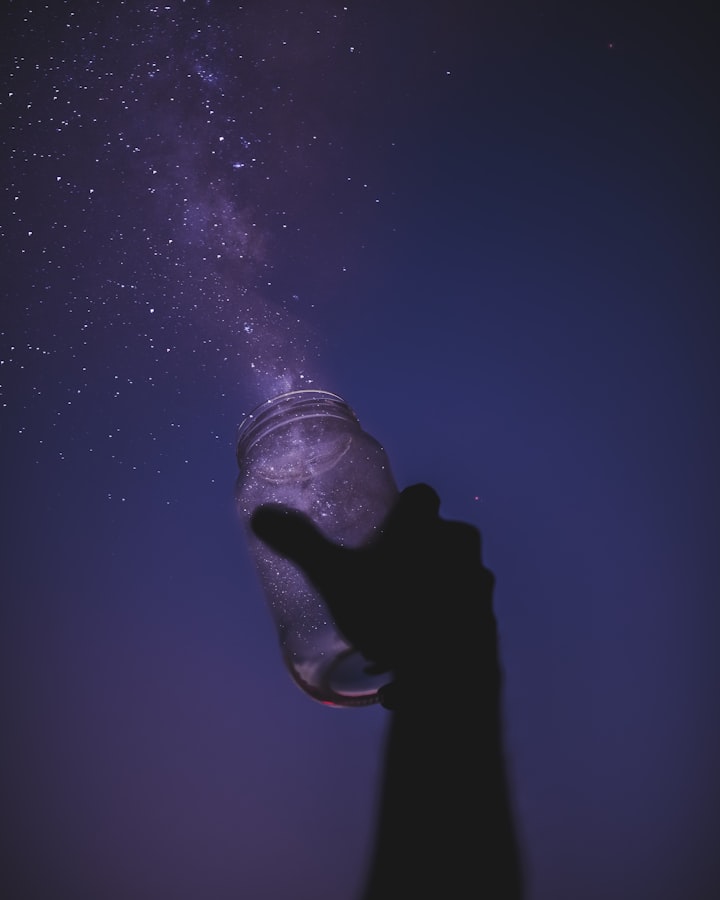As a lifelong learner, I try my best to be open-minded and take in new information from all kinds of sources. With MasterClass, I've been thoroughly enjoying watching the writing classes (of course), but recently I tried out a more science-based class: "The Science of Better Sleep", taught by Matthew Walker.
I never considered myself to be a terrible sleeper, but I have always had issues falling asleep -- at my worst, it takes me TWO HOURS. (Unless I cry myself to sleep, then it takes me 30 minutes ... even though that's not entirely healthy, and my eyes hurt in the morning.) I'm so glad I watched this class though, because he doesn't just talk about sleep DURING those 7-9 (or however many) hours our eyes our closed; his tips are helpful for someone like me who has trouble falling asleep! ... That's not what I'm sharing with you today though. (Maybe another day?)
Because I'm a Creativity Coach, I do like to pick out pieces of information that would be relevant for my followers and potentials clients. Something that Matthew talked about in a couple of his lessons related to dreams -- what happens in our brains during dream sleep.
To be honest, a lot of what Matthew has said, in general, has gone over my head -- this is a class I'll have to take two or three or four times for it all to really sink in. BUT I feel I have a decent grasp of what he's mentioned about dreams, and the power they hold ... which is why I shared his teachings with Instagram (and now Vocal) this week.
This is What Dreams are Made Of
I didn't include this much detail in my #MasterClassMonday Instagram story this week, but I wanted to add this bit of background information before we talk about my takeaway from the class. Matthew starts this particular lesson (#10: The Absurd Act of Dreaming) with:
"Last night, if you slept -- and I very much hope that you did -- when you went into dream sleep, you became flagrantly psychotic. And, in fact, you did this several times throughout the night, during those REM cycles."
... What's he talking about? Well ...
- First, when we start dreaming, we begin to see things that aren't there -- hallucinating
- Second, we believe these things that couldn't possibly be true -- delusional
- Third, we become confused about time, place, and person -- disorientation
- Fourth, we have wildly fluctuating emotions during this phase -- something that psychiatrists call being "affectively labile"
- Finally, when we wake up in the morning, we forget most (if not all) of the dream experience -- amnesia
According to Matthew, if we were experiencing any one of these five symptoms while we're awake, we'd be in need of psychological support.
How wild is all that!?
My Takeaway
The bigger takeaway for me was when Matthew talks about what's happening in the brain during REM sleep. There are parts of the brain that are up to 30% more active during dream sleep (which occurs during REM sleep) than when we're awake! Regions associated with visual processing, motor command, memory and emotions are examples of areas that light up during REM sleep ... interestingly enough though, when the brain shifts into REM sleep, the logical/rational area does the opposite and actually shuts down. (In Matthew's words: "That sounds very much like a brain science description of a dream.")
It's during dream sleep that our brain takes information we've been learning throughout the day, and begins to make connections with all the other information (facts, memories, imaginations) in our minds. So everything I take in TODAY will be matched with the past 27 years of STUFF in my brain, making new connections and associations. (This is great for creativity! We can divine solutions to difficult problems, or brainstorm incredible new ideas, WHILE WE'RE SLEEPING!)
I wanted to bring up the stuff about dreams and psychological analysis though because I just think the brain is so fascinating! I minored in Psychology in university, after taking two high school courses, because I'm in love with the various topics of Psychology.
And as much as my own dreams frighten me -- I wake up crying, that's how terrifying they are -- I believe dreams hold so much wisdom that we can explore (because the BRAIN holds so much that we don't even realize). I would love to start a dream journal one day ... when I'm less scared ...
But seriously, if dreams have the potential to help solve our daily problems (and if we can divine new creative ideas!), I know I should be paying way more attention to key aspects of the dreams and studying some symbolism. And, knowing how common it is for people to wake up and not remember their dreams, it's important to write the information down as quickly as possible (... and analyze it later).
About the Creator
Kaitlyn Dawn
27, Canadian, she/her
Life & Creativity Coach
reader, writer, and lover of words
https://www.kaitlyndawn.com







Comments
There are no comments for this story
Be the first to respond and start the conversation.